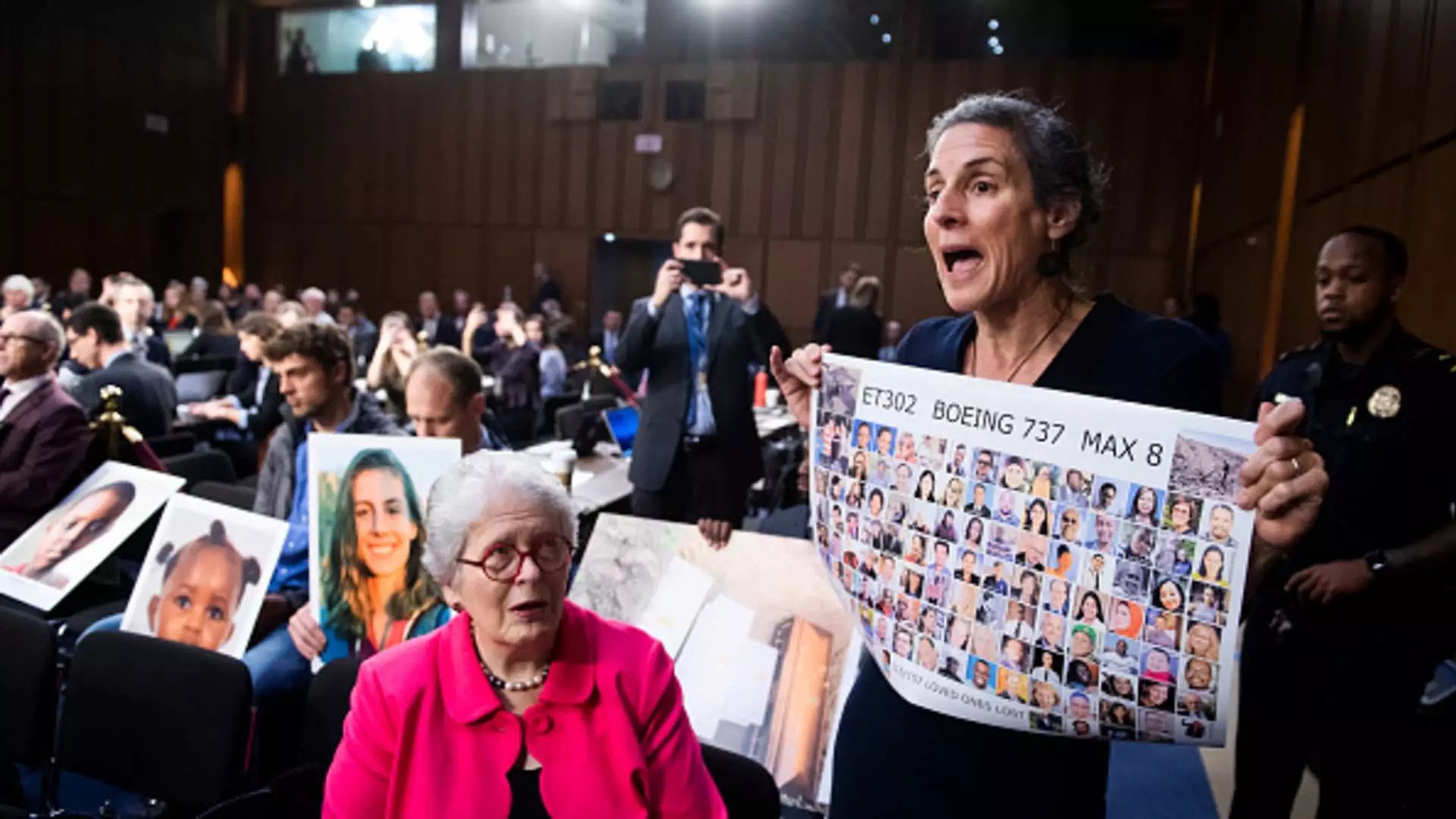The recent judicial handling of Boeing’s plea deal has raised eyebrows, especially in light of the tragic crashes of the 737 Max aircraft, which led to the loss of 346 lives. U.S. District Judge Reed O’Connor’s decision to reject the plea agreement showcases the intersection of legal proceedings, corporate accountability, and the pressing issues of diversity, equity, and inclusion (DEI) within the judicial context. This decision fuels discussions on how justice is facilitated in high-stakes corporate crimes and whether the mechanisms intended to build trust can inadvertently compromise it.
Judge O’Connor’s rejection was not merely procedural; it invoked a substantial concern regarding the selection process for a government-appointed monitor as stipulated in the plea deal. The judge articulated a lack of confidence that the government would choose a monitor based solely on merit, free from considerations of race and diversity. This concern is not unwarranted, particularly in today’s political climate, where the implementation of DEI policies can come under scrutiny for potential biases in various contexts, including the legal system. The judge underscored that in cases where the stakes are as high as those tied to Boeing’s actions, public trust hinges upon an impartial selection process devoid of any race-based influences.
The two crashes of the Boeing 737 Max—one with Lion Air and the other with Ethiopian Airlines—highlighted severe failings in the manufacturer’s oversight and transparency. The revelations that Boeing misrepresented critical information about its flight-control system to regulators have positioned the company’s past actions squarely in the spotlight. Despite the company’s pleas for leniency in George P. Bush-like fashion, when lives are irrevocably lost due to corporate malfeasance, the expectation is for rigorous accountability rather than privilege and denouement.
Hurt and frustration resonated with the families of the victims, as many expressed their discontent with the government-negotiated terms of the plea. An attorney representing one of the victims’ families likened the deal to a “sweetheart agreement,” indicating that it fell short of the accountability warranted by the circumstances. The suggestion that Boeing’s potential financial penalties would be less than they deserved fueled further resentment, especially in the wake of a tragic loss of life that could have been mitigated with proper oversight and accountability.
In light of the judge’s concerns, there emerges a distinct call for a comprehensive reassessment of the plea deal that aligns with the gravity of the infractions Boeing is accused of committing. Erin Applebaum, the attorney in question, advocated for adjustments that reflect the seriousness of Boeing’s actions. Such stipulations demand a transparent process surrounding the monitor’s selection and effective organizational scrutiny within Boeing going forward. Failure to enforce such terms would not only undermine the legitimacy of the judicial process but also erode public faith in governmental oversight mechanisms.
Following O’Connor’s ruling, both Boeing and the Justice Department were given a finite timeframe to reconsider their approach. This situation presents them with a pivotal opportunity—an avenue to rebuild trust through rigorous compliance with both judicial expectations and public sentiment.
The rejection of Boeing’s plea deal is not just a legal technicality; it is indicative of a broader imperative—the need for accountability within corporations that wield significant power over public safety. As this case unfolds, it compels stakeholders to confront uncomfortable truths about corporate responsibility, consumer safety, and the role of justice in establishing and enforcing ethical standards. It is clear that the path ahead will require more than a mere modification of the plea agreement; it calls for a restructuring of how corporate accountability is handled, prioritizing integrity, transparency, and foremost, justice for the victims and their families. Ultimately, as this case continues to evolve, it could set critical precedents for how similar cases are approached in the future.

